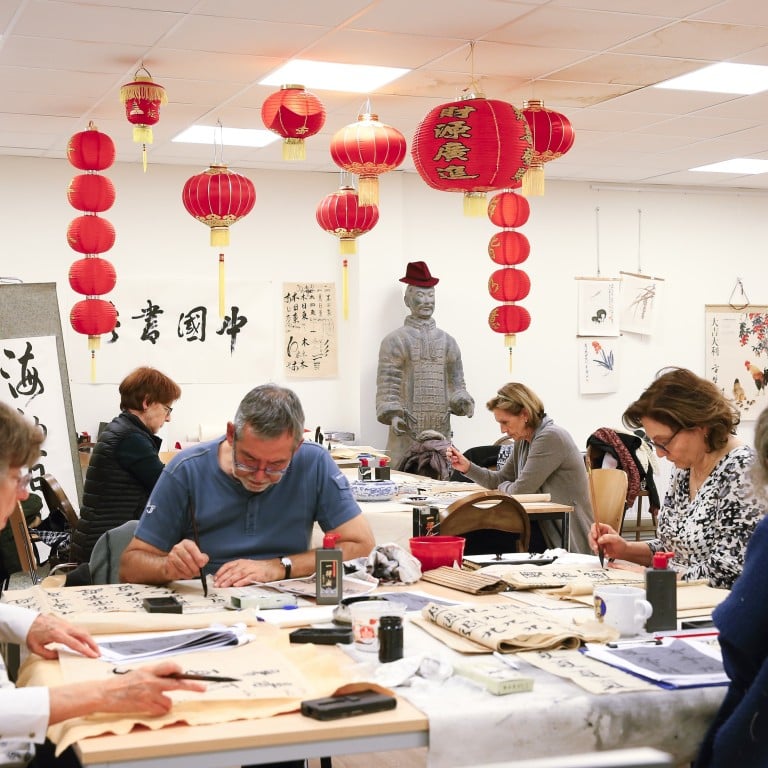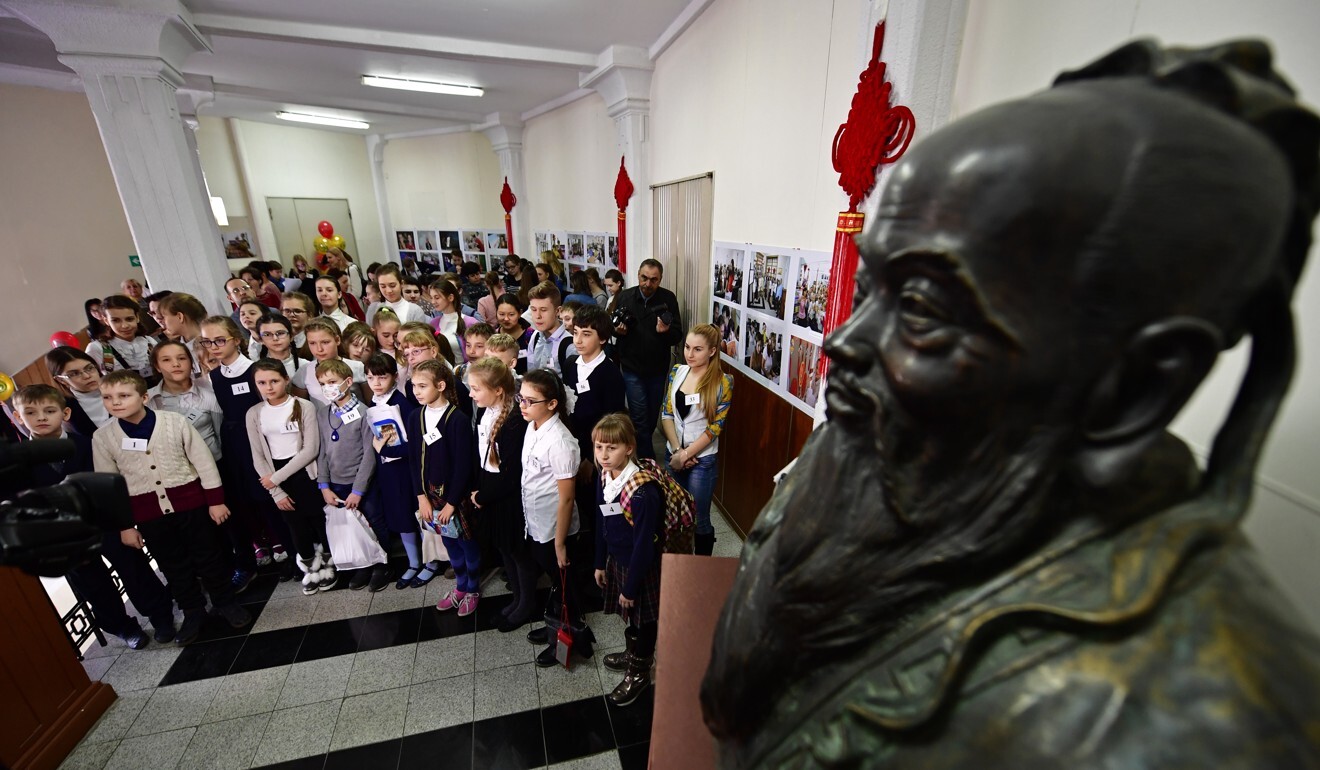
China should rethink how Confucius Institutes operate or risk undermining soft power efforts
- The institutes are clearly bearing the fallout from fractured US-China ties, but more could be done to alleviate West’s concerns of academic interference
- They should take heart at their success educating more than 9 million students worldwide and consider reforming their approach
Can Confucius Institutes rebranding bring China closer to the rest of the world?

The pace at which Confucius Institutes have been set up has also caused alarm. It took the British Council more than eight decades to acquire the offices it has in 229 towns and cities in 110 countries and territories worldwide. China, by contrast, built its bigger network of institutes and classrooms in a little more than 15 years – mainly by joining with local host institutions which are also required to contribute financially and provide physical premises and facilities.
The Confucius Institutes should take heart at their success in propagating an interest in Chinese language and culture far beyond China’s shores and consider reforming their approach. It’s a good time to do it now that a new non-governmental organisation initiated by a number of universities – known as the Chinese International Education Foundation – is in charge of them.

The institutes could for example stop operating on university campuses to end criticisms that they interfere in campus events, given Beijing’s track record of policing free speech. The new foundation should also be more transparent and responsive to media queries.
Hanban, the foundation’s predecessor, in 2010 ignored my request for further information as a visiting fellow doing research into Confucius Institutes. Just this week, I received the same treatment – an irony given that it is in the business of projecting soft power and diplomacy.
According to Xinhua, the institutes bearing the name of China’s most renowned philosopher and thinker had educated more than 9 million students worldwide as of last July.
US government orders Confucius Institutes to register as foreign mission
Just a few decades ago, learning Chinese was somewhat unheard of and largely the domain of sinologists. But with China’s growth has come greater interest in the country, and those who are keen to acquire greater understanding of its language and culture have been given the opportunity to do so.
Yet with more institutes comes greater scrutiny and heightened suspicion of China’s intentions, especially when viewed against the backdrop of Beijing flexing its military muscles and using its economic might to entice greater participation in its geostrategic projects – some of which are little understood or appreciated.
Beijing should realise that accusations of rights violations and curbing of political expression will compromise and even jeopardise its soft power efforts. Public diplomacy is only successful if a country simultaneously manages its international image.

